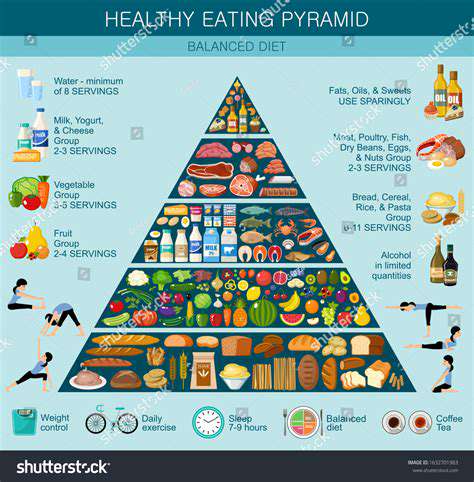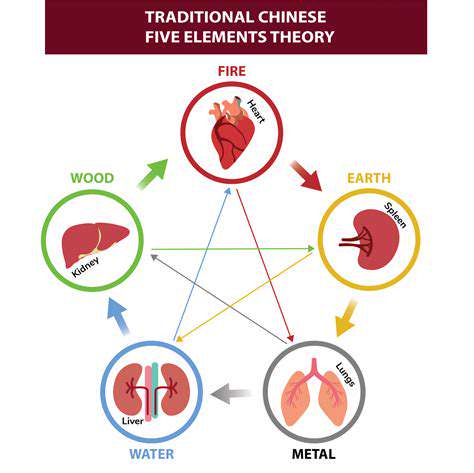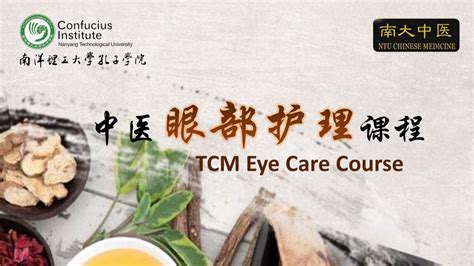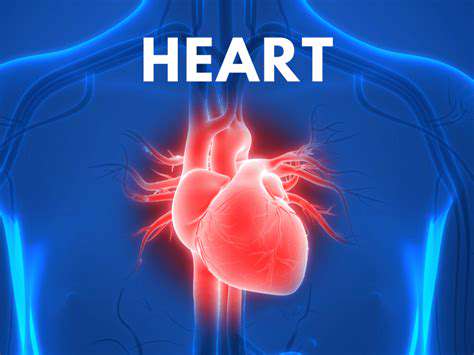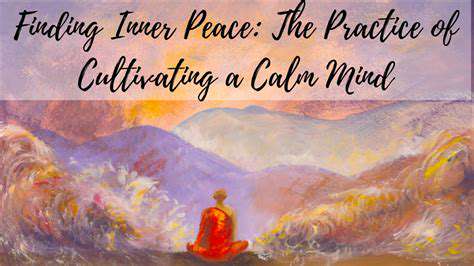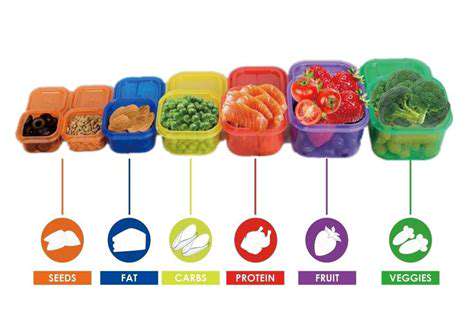TCM for Infertility: Male and Female Perspectives
Understanding the Role of TCM in Infertility
For centuries, Traditional Chinese Medicine (TCM) has provided women with a natural pathway to address fertility challenges by harmonizing the body's internal systems. TCM specialists view infertility not as an isolated reproductive issue, but as a signal of deeper systemic disruptions affecting Qi flow, blood circulation, and organ function. This comprehensive perspective examines how emotional patterns, dietary choices, and daily habits collectively influence reproductive capacity. Unlike conventional treatments that often target symptoms, TCM seeks to identify and resolve foundational imbalances that may hinder conception.
Clinical observations suggest this approach can enhance ovarian function, regulate menstrual cycles, and improve endometrial receptivity. Many women find TCM particularly valuable when combined with Western fertility treatments, as it addresses aspects often overlooked in standard protocols.
Identifying Underlying Imbalances
Diagnosis in TCM involves a meticulous evaluation process examining multiple physiological and emotional indicators. Practitioners assess tongue coloration and coating, pulse quality at three positions on each wrist, and specific symptom patterns that reveal the state of organ systems. Common patterns affecting fertility include:
- Kidney Jing deficiency (affecting egg quality and hormonal regulation)
- Liver Qi stagnation (impacting emotional health and menstrual regularity)
- Spleen Qi deficiency (influencing nutrient absorption and blood production)
- Blood stasis (affecting circulation to reproductive organs)
The art of TCM diagnosis lies in recognizing how these patterns interact uniquely in each individual.
Dietary Recommendations for Hormonal Support
Nutritional therapy forms a cornerstone of TCM fertility protocols. Specific foods are selected based on their energetic properties and their ability to tonify deficient systems or clear excess conditions:
| Condition | Beneficial Foods | Avoid |
|---|---|---|
| Kidney Deficiency | Black sesame, walnuts, bone broth | Excess raw foods |
| Liver Qi Stagnation | Dark leafy greens, turmeric, chamomile | Alcohol, fried foods |
| Blood Deficiency | Organic red meat, beets, dates | Caffeine, processed sugar |
Seasonal adjustments are crucial, with warming foods emphasized in colder months and cooling foods in summer. Food preparation methods significantly impact nutritional value according to TCM principles. Slow-cooked meals are generally preferred over raw foods for those with digestive weakness.
Acupuncture and Herbal Remedies
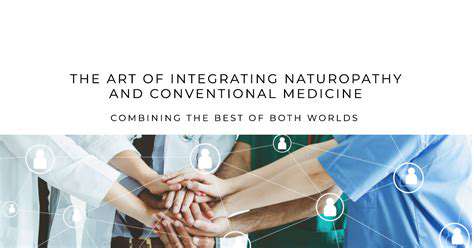
Modern research has identified several mechanisms through which acupuncture may support fertility:
- Increased blood flow to reproductive organs (verified through Doppler ultrasound studies)
- Regulation of hypothalamic-pituitary-ovarian axis (impacting FSH, LH, and estrogen levels)
- Reduction of stress hormones (particularly cortisol)
- Modulation of inflammatory markers
Herbal protocols are typically customized using formulas that may include:
- Dang Gui (Angelica sinensis) for blood building
- Shu Di Huang (Rehmannia) for kidney support
- Xiang Fu (Cyperus) for Qi regulation
Contemporary herbal preparations now incorporate quality control measures to ensure consistency and safety. Many practitioners use concentrated granules or tablets for convenience without compromising efficacy.
Lifestyle Adjustments for Overall Well-being
TCM emphasizes circadian rhythm alignment for hormonal regulation. Key recommendations include:
- Sleep before 11pm to support liver detoxification
- Morning exercise to stimulate Qi flow
- Regular meal times to strengthen digestive function
- Digital detox periods to reduce sympathetic overstimulation
Seasonal adaptations are also important - for example, more rest in winter and increased activity in spring. These practices collectively create an internal environment conducive to conception.
The Role of Emotional Well-being
The mind-body connection in TCM explains how emotional states directly influence reproductive physiology:
- Chronic stress depletes kidney essence
- Repressed anger congests liver Qi
- Excessive worry weakens spleen function
Mindfulness practices recommended may include:
- Qi Gong exercises combining movement and breath
- Meditation focused on the lower Dan Tian (energy center)
- Journaling to process emotional blocks
Many clinics now incorporate counseling alongside traditional treatments to address this dimension.
Integrating TCM with Conventional Medicine
Collaborative Treatment Approaches
Increasingly, reproductive endocrinologists and TCM practitioners are developing coordinated protocols. Common integration points include:
- TCM preparation before IVF cycles
- Acupuncture during fertility drug protocols
- Herbal support during the two-week wait
- Post-procedural recovery support
Research indicates such integration may improve ART success rates while reducing side effects. However, open communication between providers is essential to avoid potential interactions.

Evidence-Based Integration
Recent studies have quantified several benefits of combined approaches:
| Study | Findings |
|---|---|
| 2019 Meta-analysis | 34% higher clinical pregnancy rates with acupuncture + IVF |
| 2021 RCT | Improved embryo quality with TCM pretreatment |
| 2023 Cohort | Reduced miscarriage rates with ongoing herbal support |
While more research is needed, these findings suggest meaningful synergies between the modalities. Patients are advised to seek practitioners experienced in integrative fertility care.


